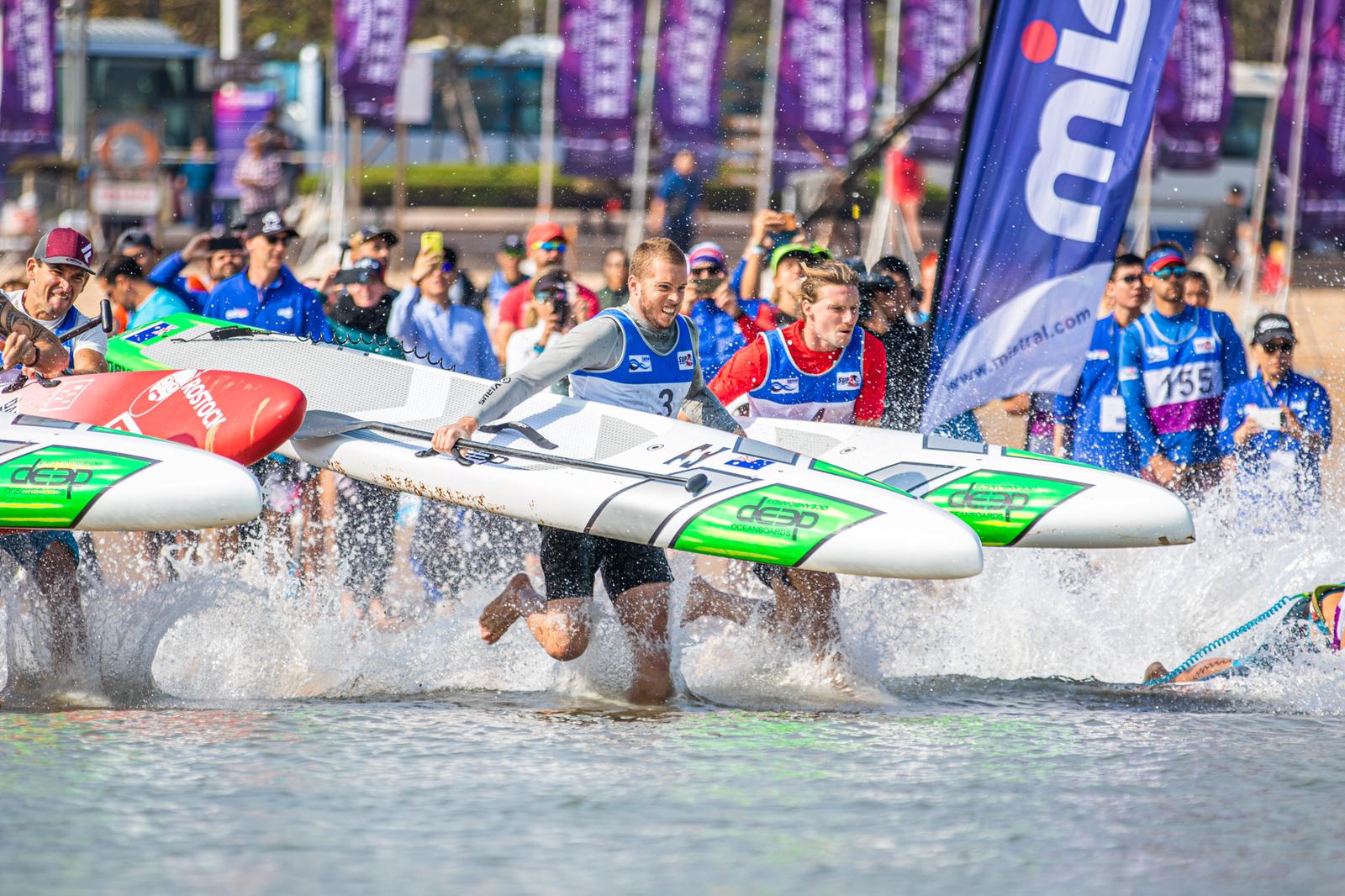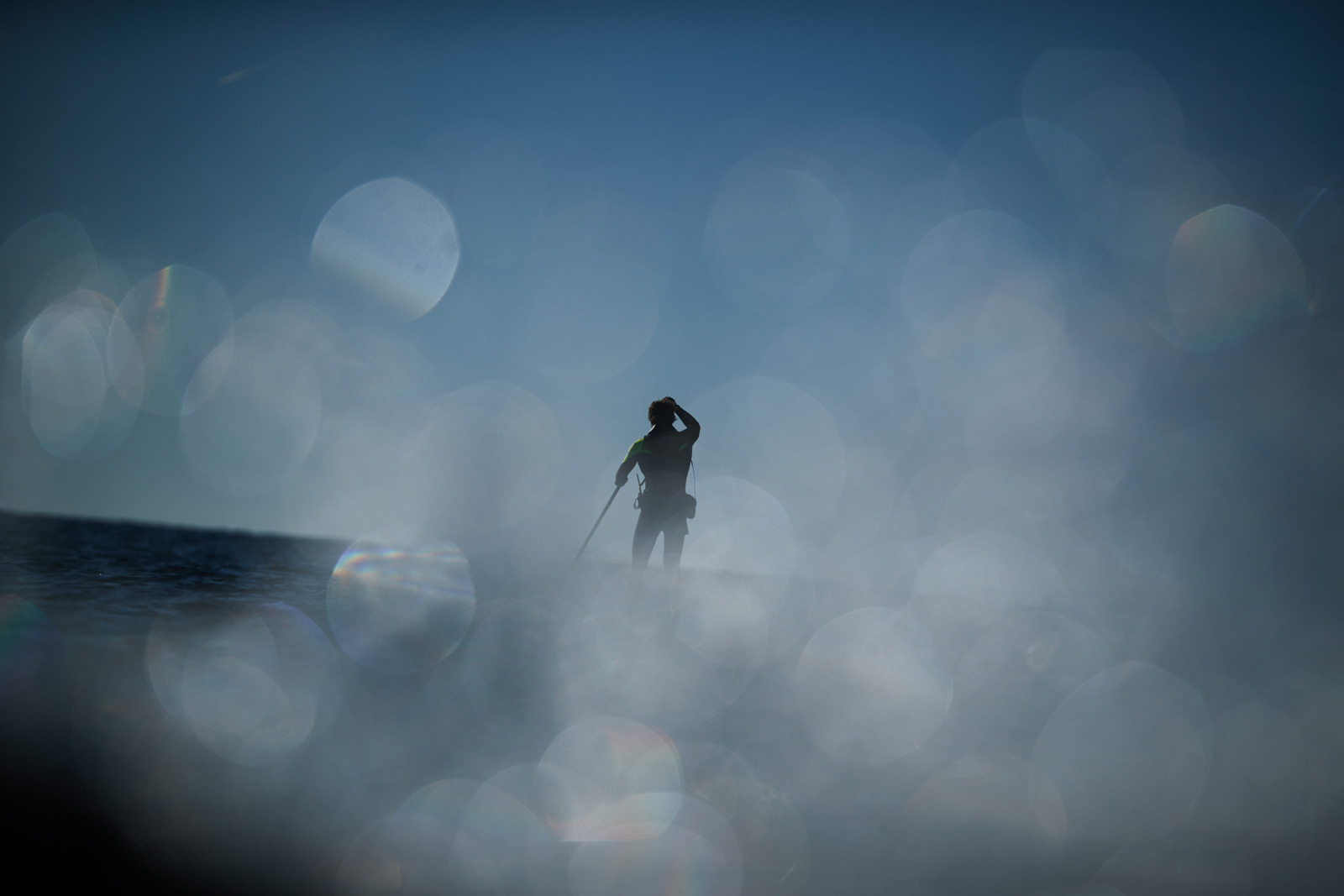
Casper Steinfath’s “Skagerrak” is a fascinating film about life that happens to include some paddling
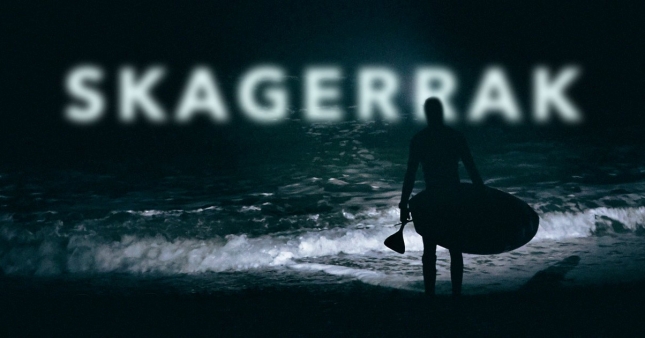
UPDATE (MARCH 2020): The film is now streaming on Red Bull TV
There’s a scene about five minutes into the movie “Skagerrak” where Casper Steinfath lists all the good and bad things he learned from his bold yet unsuccessful attempt to paddle from Denmark to Norway in the winter of 2017. The bad column has 16 entries including hypothermia, “crazy conditions” and being better prepared if he loses consciousness in the middle of a cold, dark ocean.
The “good” column has one entry, and it’s trivial at best.
This sets the tone for the young Dane’s second attempt at the infamous “Skagerrak Strait” in early 2018 – where he again aims to be the first person to paddle the 140km of open ocean that separates these Scandinavian neighbours (and again, in winter).
But rather than simply chronicling a daring yet straightforward adventure, this “story of redemption” transcends the physical act of paddling and delves much deeper in the life of Casper and those around him; the film becomes a search for a reason why we do the things we do in life.
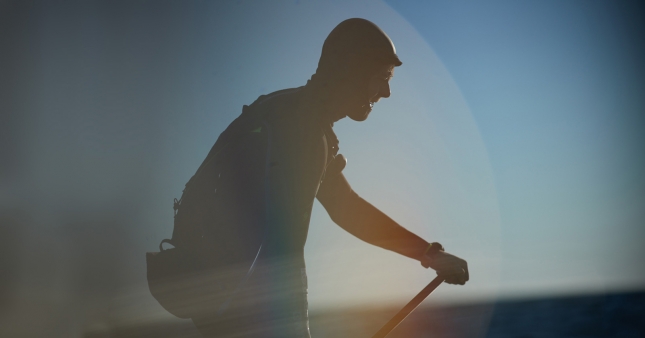
Casper Steinfath on his quest to paddle from Denmark to Norway (photo: supplied)
The Skagerrak is a notoriously difficult stretch of water that was crossed by the Vikings of old, and given the nickname he earned in the SUP community it seems only natural that Casper (aka “The Viking”) would eventually try to conquer it.
Challenges are nothing new for Casper. He made a name for himself on the water with a true David & Goliath story — the humble young kid from Denmark (could you even find it on a map?) that landed in Hawaii and California to regularly conquer the world’s biggest races and best athletes.
Casper’s a competitive guy that loves adventure, which would make it easy to write off his “Viking Crossing” as a thrill-seeker looking to feed an athletic ego. Yet that would betray not only to the film – the second Casper has made with talented director Peter Alsted – but the meaningful message it successfully conveys.
As the story unfolds on screen, there’s more than a hint of frustration on Casper’s face when his mother asks *why* he’s attempting the crossing again. To him, the second attempt was always a question of when, not if, yet he’s clearly annoyed that others are failing to understand his motivations. Though I get the impression his ultimate frustration lies not with others but rather himself: He can’t articulate a reason why he’s doing this, either.
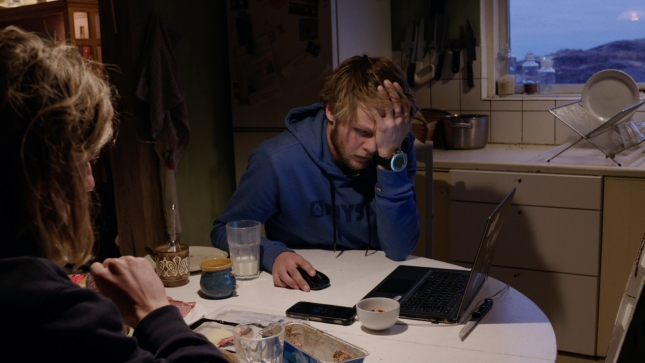
Casper’s not-so-glamorous, behind-the-scenes preparations alongside his brother, Petre (photo: supplied)
The rest of the nearly hour-long movie, which premieres this Friday at the Cold Hawaii Surf & Film Festival in Denmark, goes about finding that deeper meaning while also showing the entertainingly-intense physical, mental and logistical preparation that went into his March 2018 attempt.
The reality of what he’s doing seems to hit Casper when he’s on the phone with Coach Magnus a few weeks before the crossing, where he’s bluntly informed that if he wants to start the 18-hour crossing early in the morning, he has to start waking up at 3am starting *now*.
The Viking uses those early morning weeks wisely: paddling, running and hitting the gym in complete darkness to train his body. He then invites a sports psychologist to his home in Klitmøller (aka “Cold Hawaii”) to help train his mind.
Casper admits to being scared about how he’ll be remembered in the future — he wants to be more than just an athlete, even if he already is a hugely-successful one.
“That’s what’s scaring me about life as a pro athlete; Are we remembered for our achievements or our personality?”
As the crossing draws nearer – made all the more tense by unpredictable weather that means Casper and his team can only pull the trigger 48 hours in advance – we get a glimpse into the life of an interesting young athlete who seems far more motivated by adventure than competition.
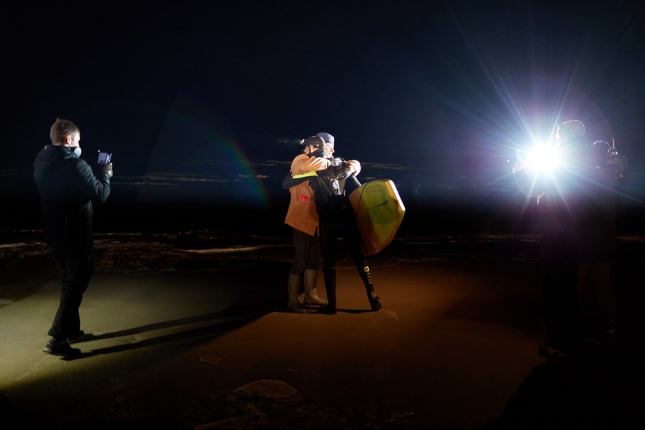
Casper Steinfath hugs his brother Peter before starting the 146km crossing at 1am in the middle of winter… (photo: supplied)
On the “day” of the crossing, Casper wakes up at 10:30pm *the night before* and starts paddling two hours earlier than planned, at 1am. From here we get a 10-minute montage of the actual physical challenge, which by this point has become secondary to the film’s main theme of finding a “reason why”.
But even though the action sequences are relatively short, they are entertaining (the ocean is relatively calm but ice cold) and incredibly well shot (even the soundtrack is engaging).
One scene really stood out for me: Right before Casper walks over the frozen sand and into the water to start what will become a 146km, 18-hour and 26 minutes day on the water, there’s an aerial shot of his large support team assembled around him in the cold, midnight darkness somewhere on Denmark’s barren north coast.
It’s a striking image that highlights how this adventure is about much more than just one person. It’s about how we rely on others for help even when we don’t realise it, and that life is more rewarding when experiences are shared with others. Because while this film is framed around a physical challenge against a harsh, unforgiving environment, the central characters are very much human.
A quote from brother Peter – the film’s main supporting character and a fascinating personality in his own right (“He’s the complete opposite of me,” Casper notes) – earlier in the film comes full circle towards the finish. To paraphrase: “There are elements to this project that make it about much more than just one guy paddling across an ocean.”
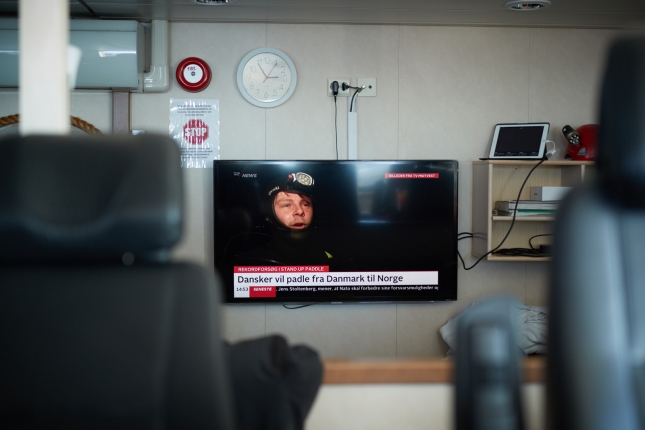
Casper on Danish TV; the crossing made a big buzz in his home country where SUP is still seen as a novelty (photo: supplied)
I traveled to Denmark earlier this week to hang out with Casper ahead of Friday’s premiere. I had the chance to chat with The Viking about what this film means to him and why he’s so excited (and nervous) about sharing it with the world.
“The story in this film means so much more to me than any world title,” he admits, before opening up about how he’s “not sure I’ll be able to handle it” when he watches the film alongside an audience for the first time: “There are two scenes in the film where I break down in tears every time I watch it.”
While it’s not mentioned in the film, Casper also told me how that first (and failed) crossing back in 2017 felt like a “stunt” and that he was actually disappointed with himself for not having a better reason for doing it. He even admitted being “scarred” by that failure, and how the moment he was pulled onto his rescue boat just 10km from the finish (a scene shown early in the film) haunted him for a long time.
That 2017 crossing also had a much bigger budget, which made the 2018 attempt feel a lot more raw, honest and, from what I’m guessing, far more rewarding as well.
It’s not a spoiler to say that Casper succeeds in his second attempt. For one, his adventure was well covered at the time, but mainly it’s not a spoiler because the crossing itself isn’t the main point of the movie.
If Casper is worried he’ll be remembered for the wrong reasons or that his personality won’t have the impact on others that he hopes, this film and its engaging message of accepting that we’re all part of something bigger should erase any doubts and leave a lasting impression.
Skagerrak premieres this Friday at the Cold Hawaii Surf & Film Festival in Thisted, Denmak, before screening in Copenhagen on May 7. Follow ‘Skagerrak Film‘ on Facebook and Casper on Instagram for more screening times as well as a future streaming release date.



